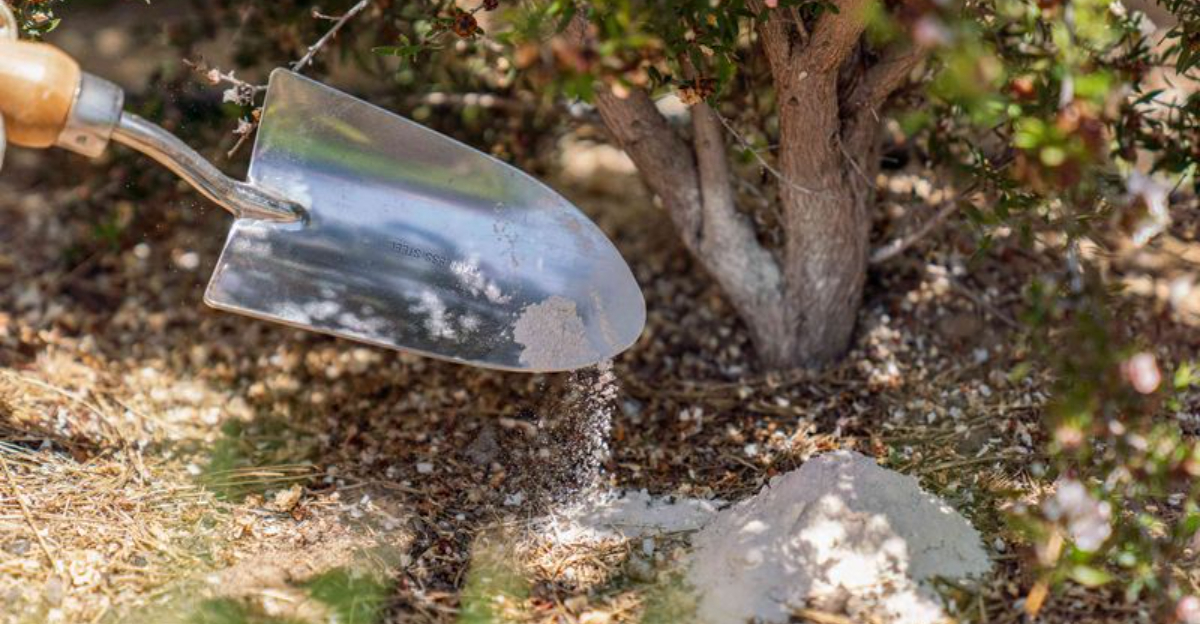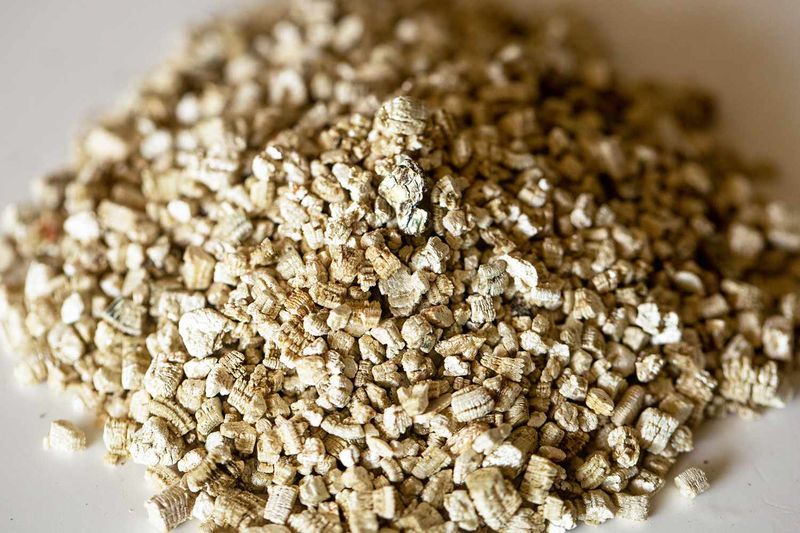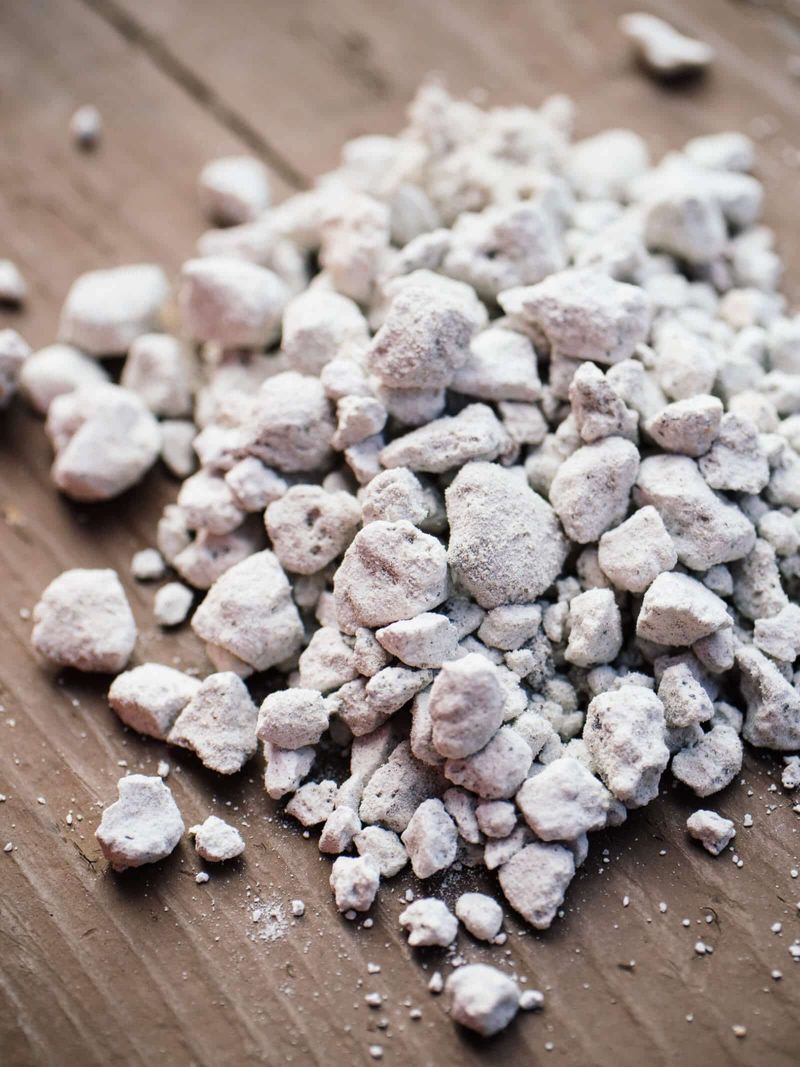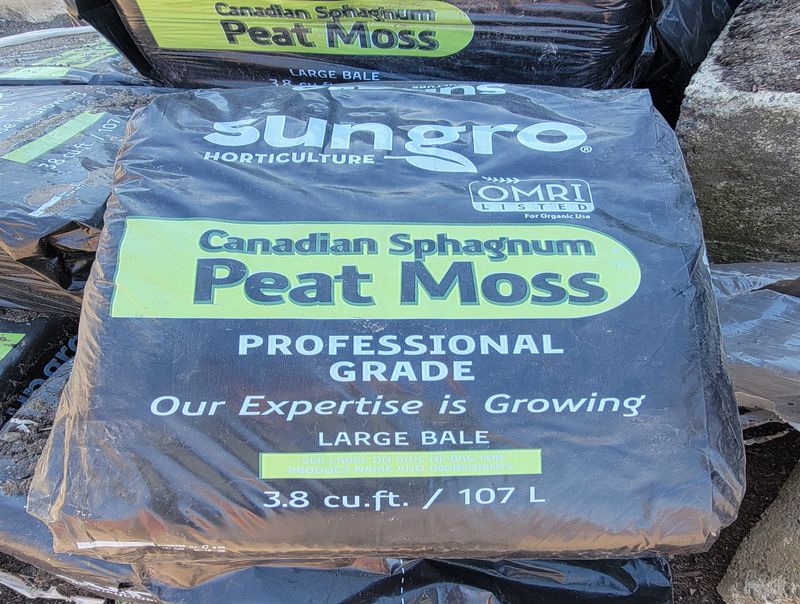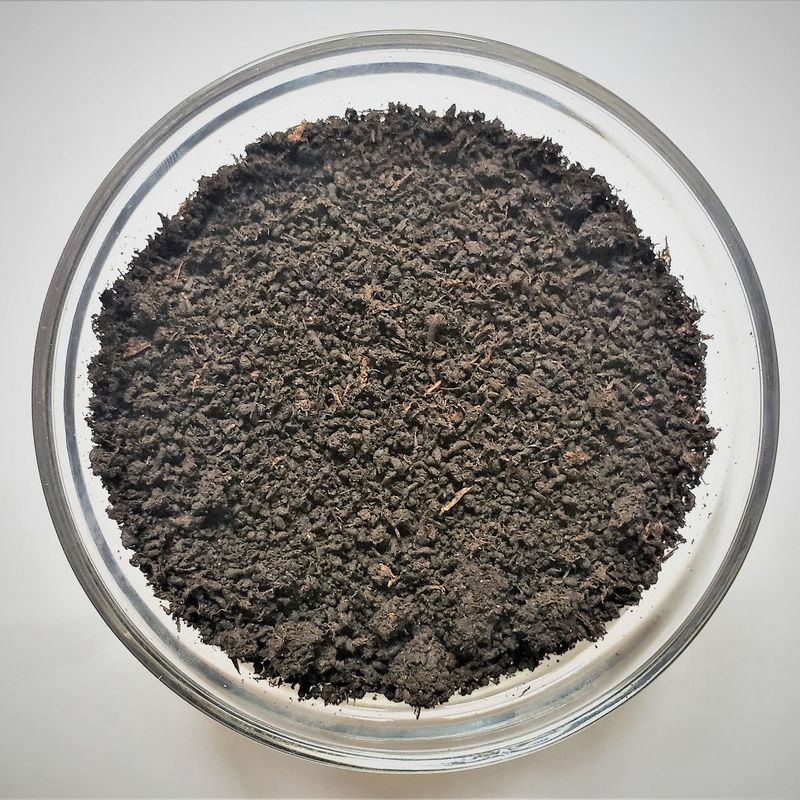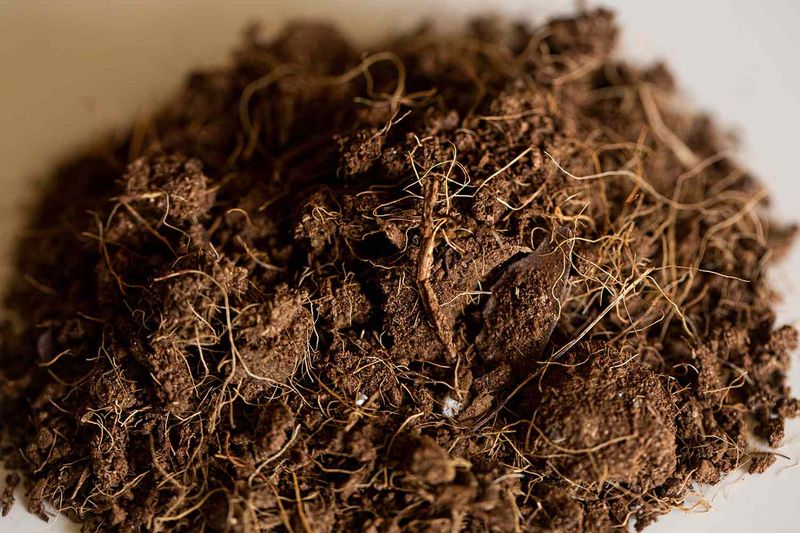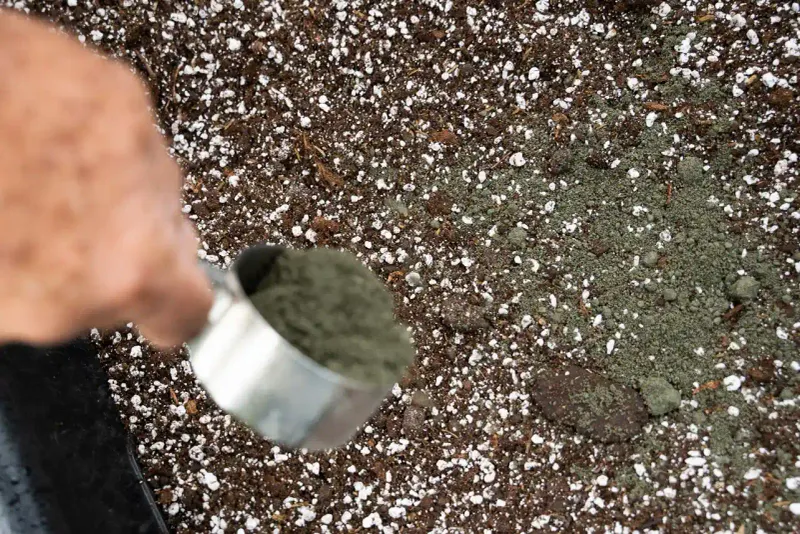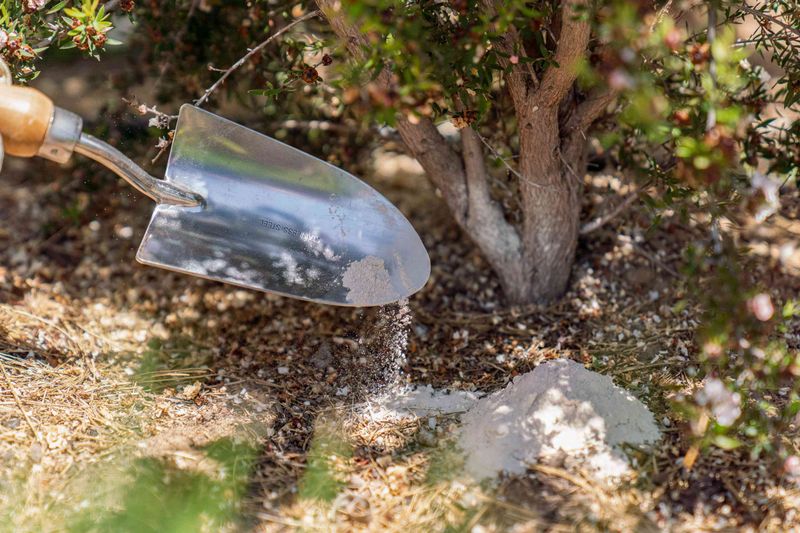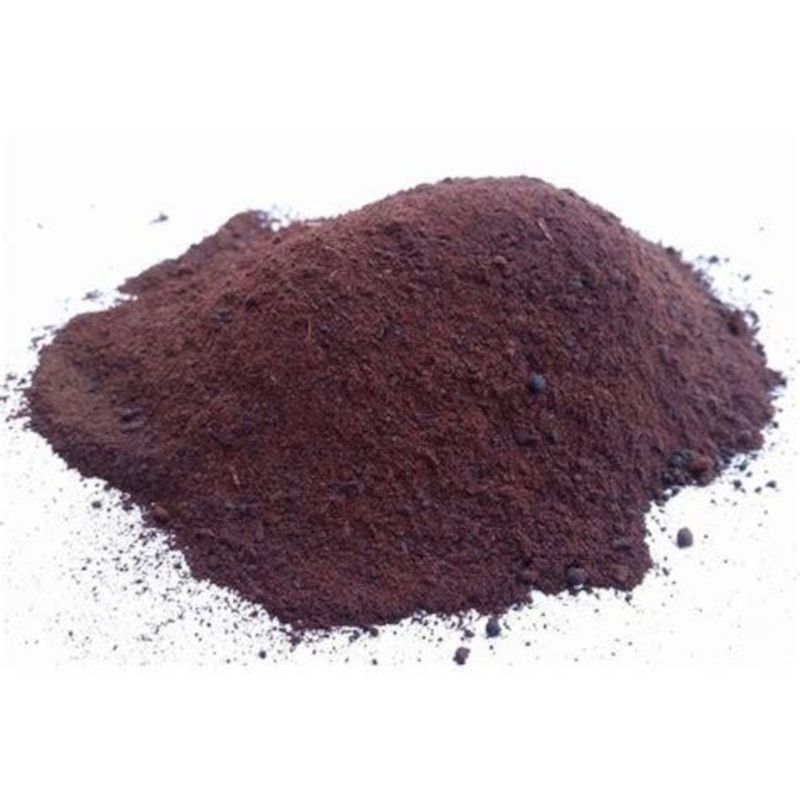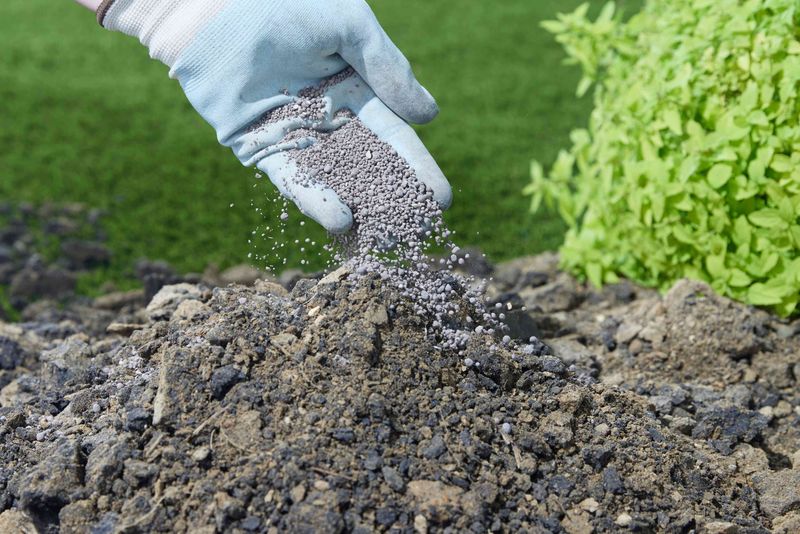Raised beds are an excellent way to grow a thriving garden, but the quality of soil you use can make all the difference.
To ensure your plants receive the nutrients they need, it’s essential to enrich your raised bed soil with the right ingredients.
Here, we explore ten essential soil components that can transform your gardening experience, providing rich, fertile ground for your plants to flourish.
1. Compost
Compost is a gardener’s black gold, offering a nutrient-rich boost to your raised beds. It is composed of decomposed organic matter, such as leaves, vegetable scraps, and coffee grounds. Its role in soil health is paramount, as it improves soil structure and provides a plethora of nutrients.
Adding compost helps retain moisture, reducing the need for frequent watering. It also encourages the presence of beneficial microorganisms. To make the most of compost, mix it thoroughly with your existing soil. Regularly replenishing compost will keep your soil fertile and your plants thriving.
2. Vermiculite
Vermiculite is a mineral that expands when heated, creating a lightweight, airy material perfect for aerating soil. It improves moisture retention and provides a medium for roots to access water and nutrients efficiently.
This ingredient also helps prevent soil compaction, ensuring your plants’ roots have room to grow. It is especially beneficial for seedlings and young plants that require consistent moisture levels.
Incorporate vermiculite by mixing it into the top few inches of soil. Its neutral pH makes it compatible with all types of plants, enhancing overall soil health.
3. Perlite
Perlite is a volcanic glass that, when heated, pops like popcorn, forming lightweight, white granules. These granules improve drainage and aeration in raised beds, which is vital for preventing root rot.
Unlike other soil amendments, perlite does not break down over time, making it a long-lasting addition. Its porous nature helps to hold onto some moisture, while still allowing excess water to drain away.
Mix perlite into your soil to create an environment where roots can breathe and explore. It’s especially useful in areas with heavy rainfall or for plants sensitive to overwatering.
4. Peat Moss
Peat moss is an organic material harvested from decomposed sphagnum moss, known for its ability to retain moisture. It is slightly acidic, making it ideal for acid-loving plants like blueberries.
This soil amendment improves soil texture and offers some nutrient content. While it is excellent for retaining moisture, it can become compacted over time, so mixing it with other ingredients, like perlite, is beneficial.
Incorporate peat moss into raised beds to maintain consistent moisture levels, especially in dry climates. Be mindful of its environmental impact and consider sustainable sources.
5. Worm Castings
Worm castings, often called “nature’s fertilizer,” are the nutrient-rich waste produced by earthworms. They enhance soil structure and provide essential nutrients like nitrogen, phosphorus, and potassium.
Adding worm castings can improve plant growth, increase yield, and boost resistance to pests and diseases. They also enhance microbial activity in the soil, contributing to a balanced ecosystem.
To use worm castings, sprinkle them around the base of plants or mix them into the soil. Regular application can lead to healthier, more productive plants in your raised beds.
6. Coconut Coir
Coconut coir is derived from the husk of coconuts, providing a sustainable alternative to peat moss. It has excellent water retention properties while allowing for adequate aeration.
This ingredient improves soil structure, promoting healthy root growth and reducing compaction. Coconut coir is pH-neutral, making it suitable for a wide range of plants.
Mix coconut coir into your raised beds to maintain consistent moisture levels, especially beneficial in hot, dry climates. Its renewability and effectiveness make it a popular choice among eco-conscious gardeners.
7. Rock Dust
Rock dust, or stone meal, is a natural source of minerals that can fortify your soil with essential nutrients. It is particularly rich in trace minerals, which are often missing from traditional fertilizers.
These minerals improve soil fertility, leading to healthier plant growth and increased resistance to pests and diseases. Rock dust also enhances the flavor and nutritional content of fruits and vegetables.
Sprinkle rock dust over the soil surface and gently work it in. Over time, its slow release of minerals will contribute to a thriving garden ecosystem.
8. Bone Meal
Bone meal is a natural fertilizer made from ground animal bones, providing a rich source of phosphorus and calcium. These nutrients are crucial for root development and flowering in plants.
Incorporate bone meal into your soil to support robust root systems and vibrant blooms. It is especially beneficial for bulbs and perennials.
Apply bone meal by mixing it into the soil before planting or top-dressing established plants. Its slow-release nature ensures a steady supply of nutrients, promoting long-term plant health in your raised beds.
9. Blood Meal
Blood meal is a nitrogen-rich fertilizer made from dried animal blood, often used to boost leafy growth. It promotes green, lush foliage and is especially beneficial for nitrogen-loving plants like leafy greens.
This amendment helps correct nitrogen deficiencies and can speed up the breakdown of organic matter in compost. However, it should be used sparingly to avoid over-fertilization.
Sprinkle blood meal around plants or mix it into the soil. Its fast-acting nature provides a quick nutrient boost, ensuring your plants grow vigorously in raised beds.
10. Gypsum
Gypsum is a mineral that improves soil structure without altering pH levels, making it an ideal amendment for clay soils. It enhances water penetration and breaks up compacted soil, promoting healthier root growth.
Gypsum provides calcium and sulfur, essential nutrients for plant development. It can also reduce soil salinity, benefiting plant health in saline-prone areas.
Incorporate gypsum by spreading it over the soil surface and watering it in. Its ability to loosen heavy soils and improve drainage makes it invaluable for gardeners dealing with challenging soil conditions.
